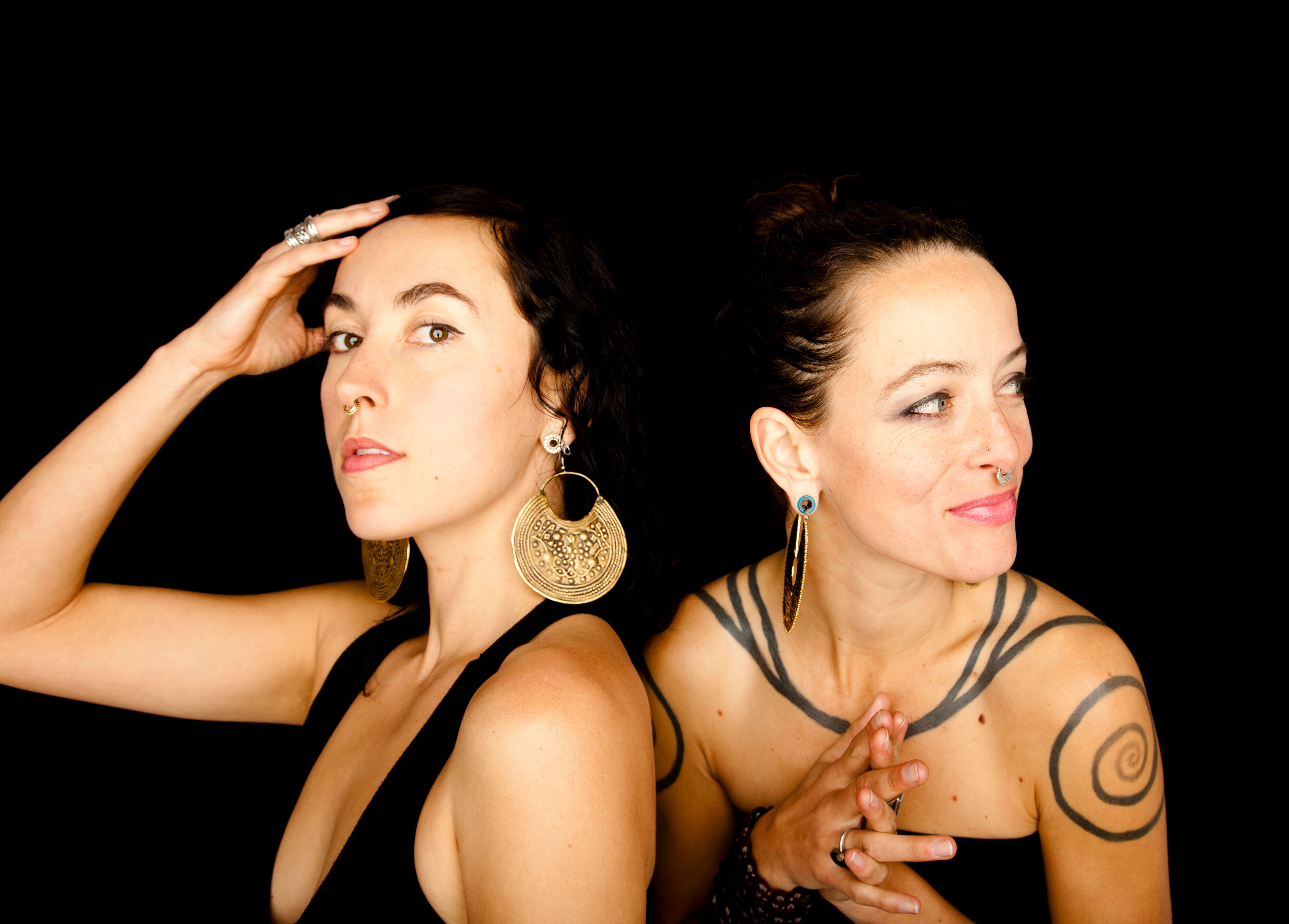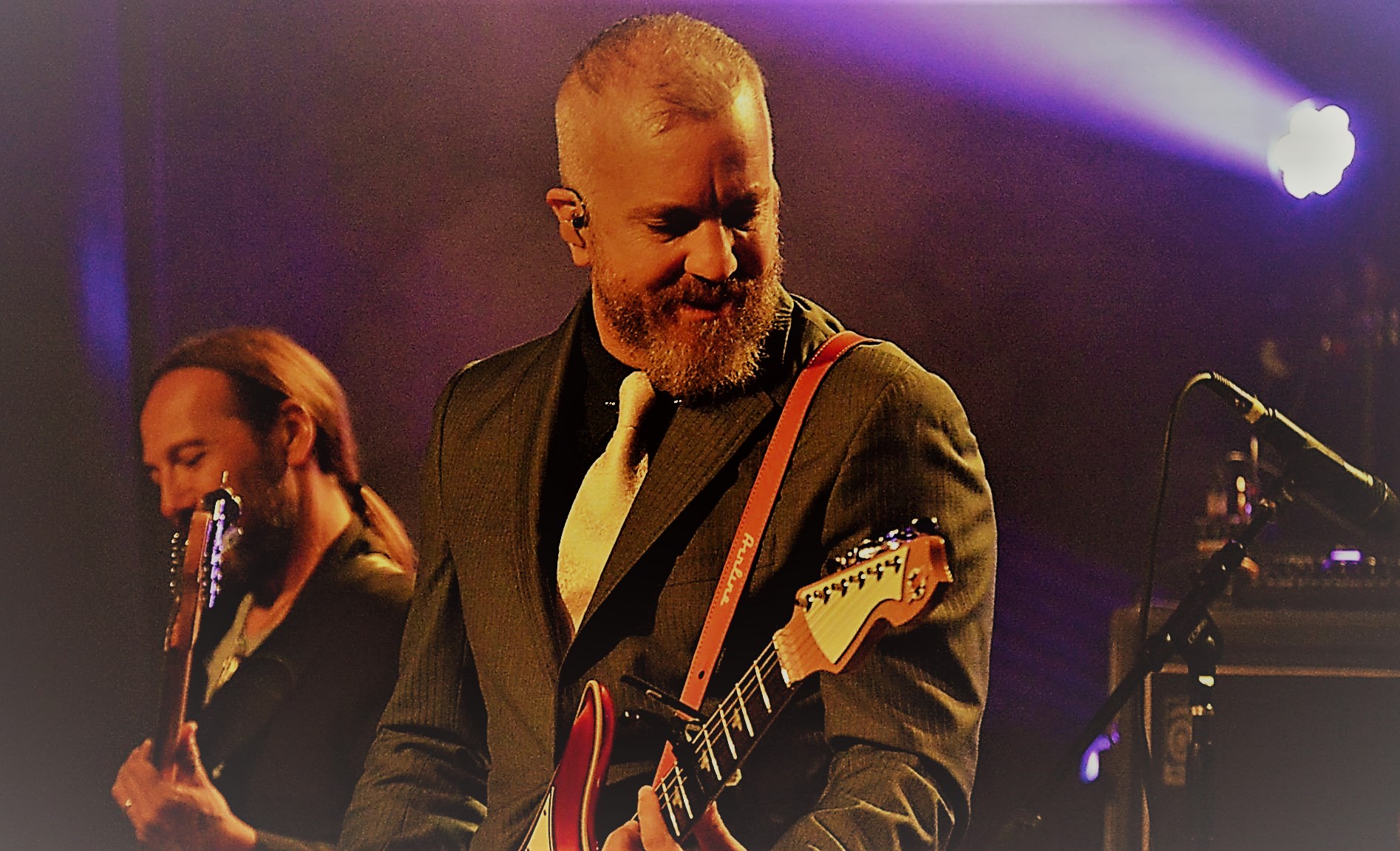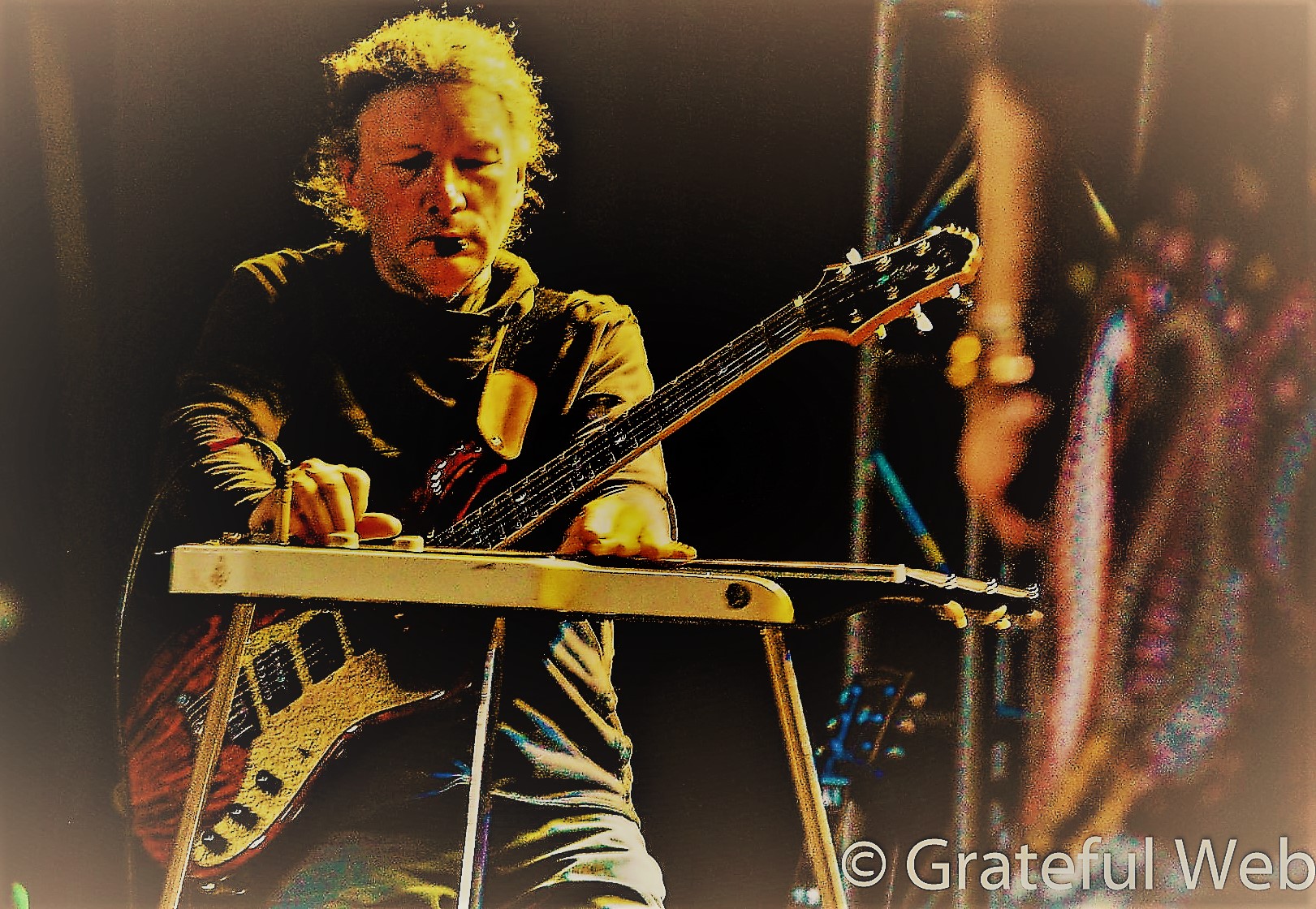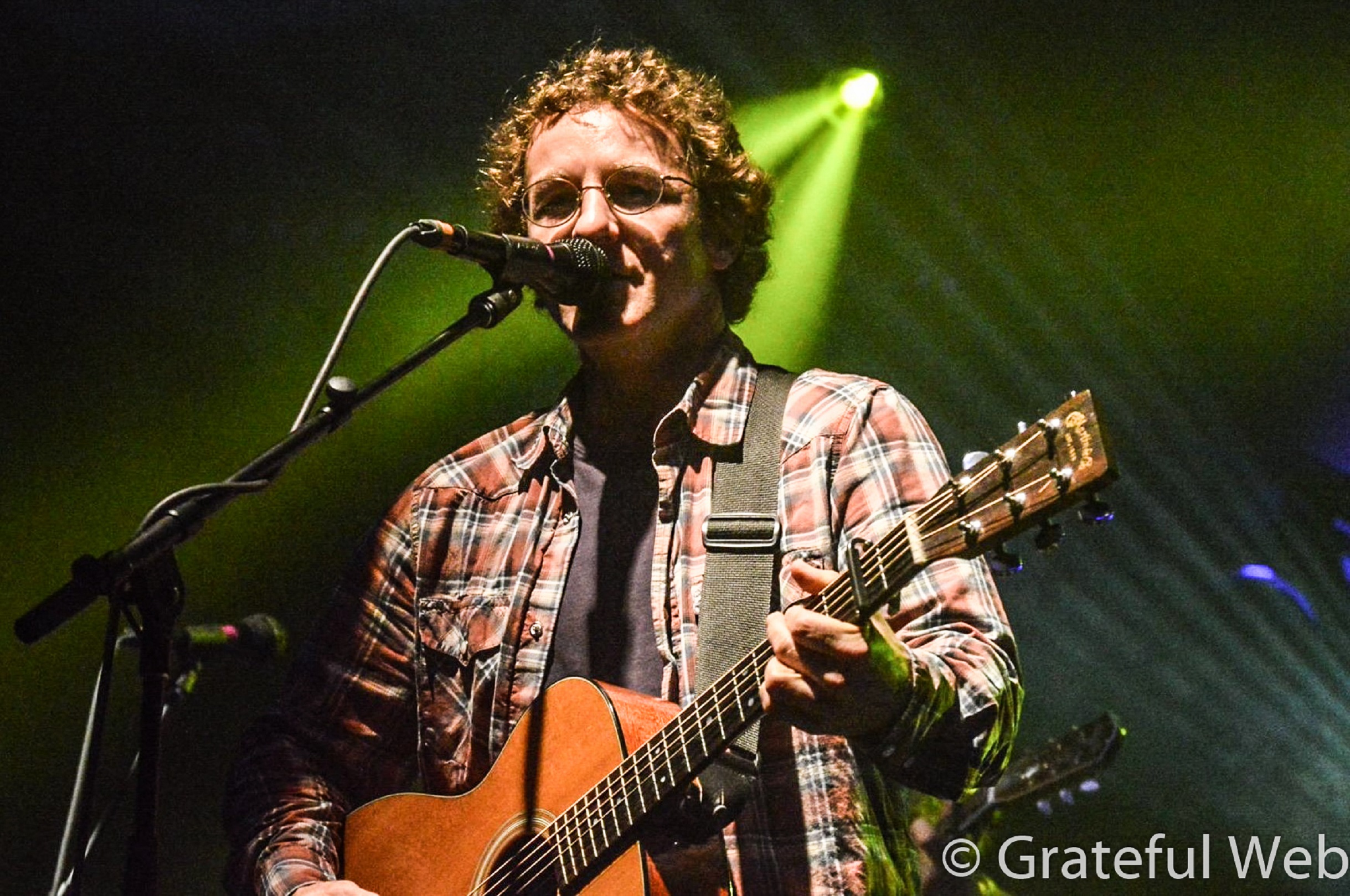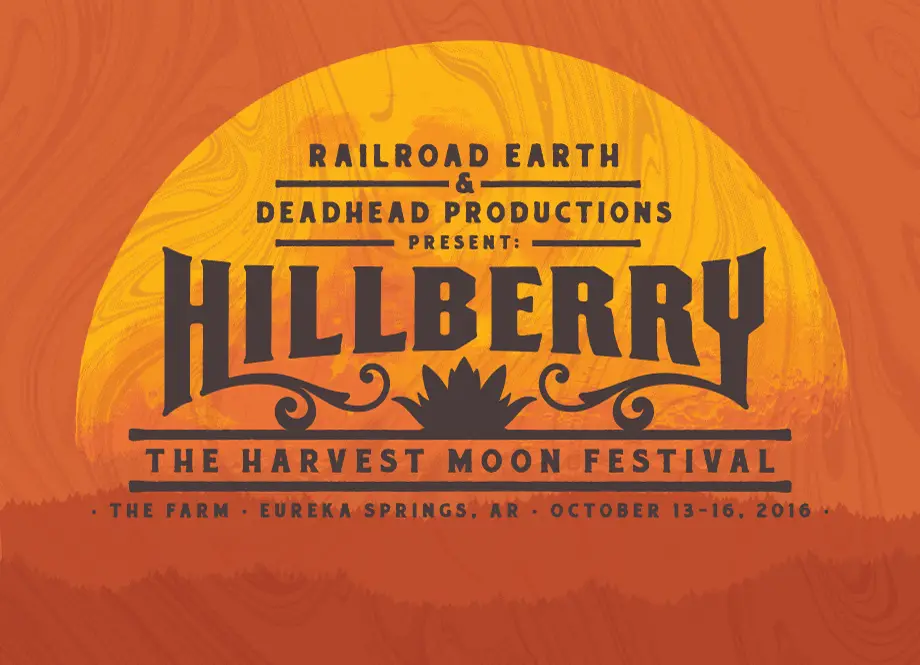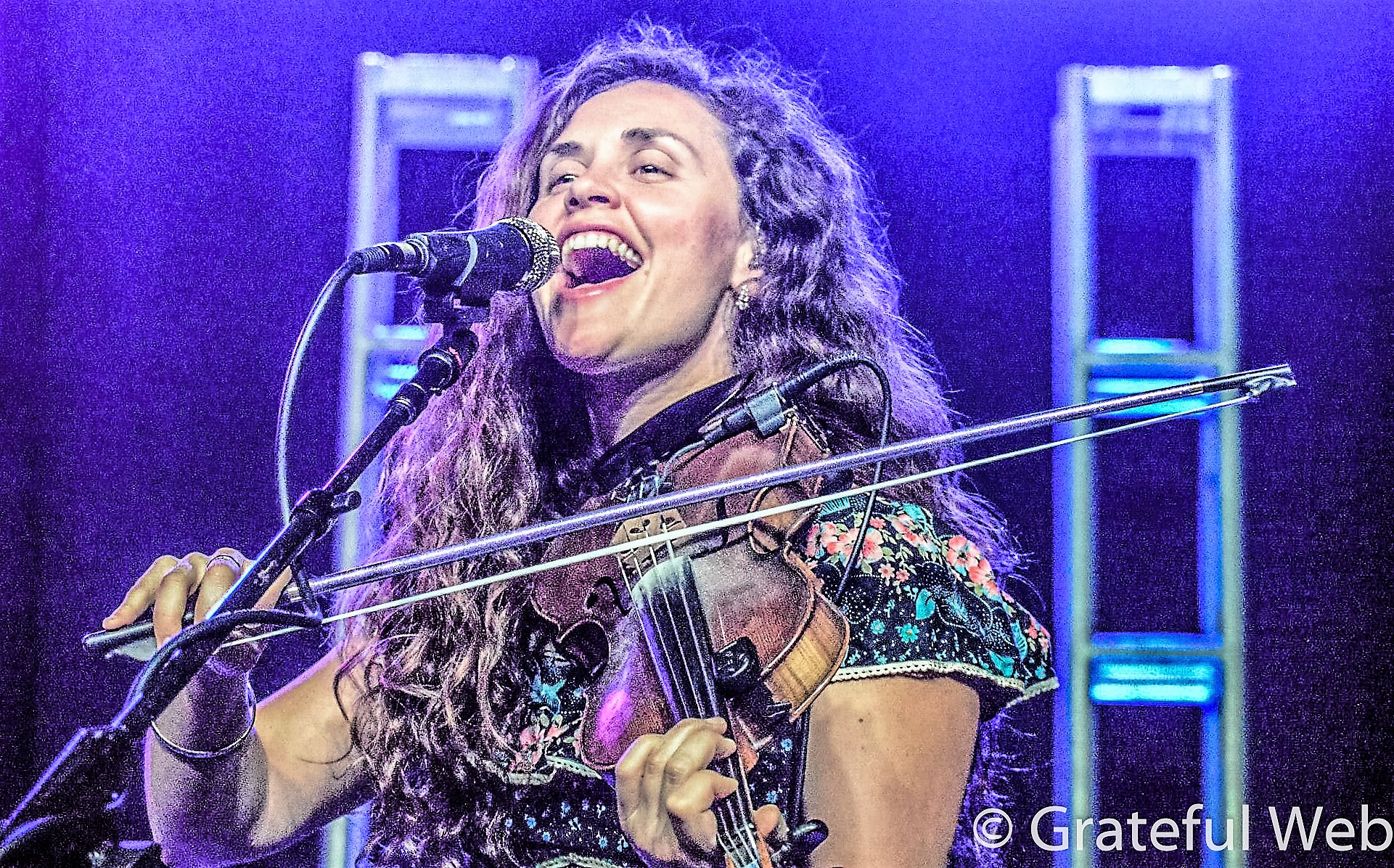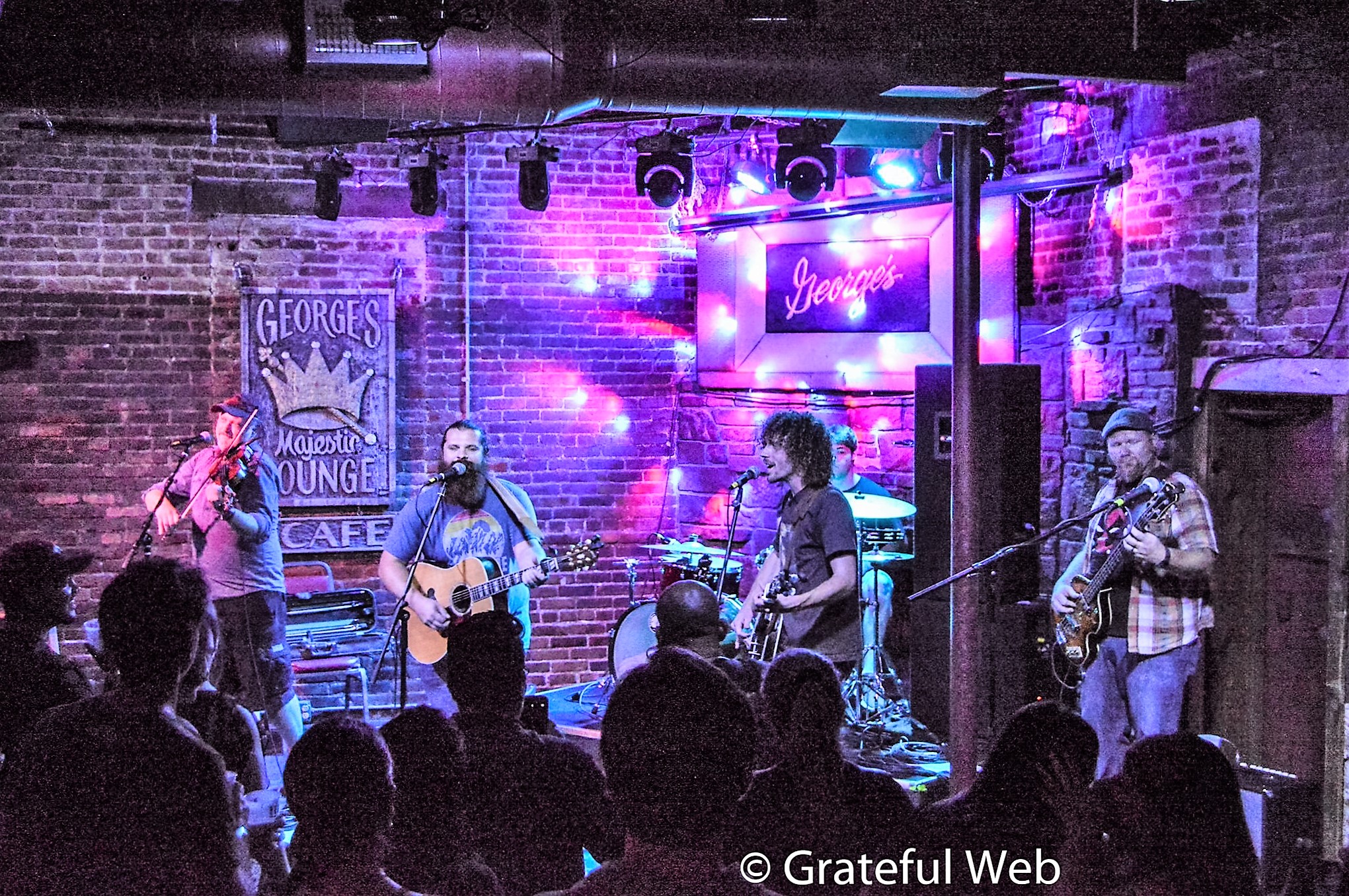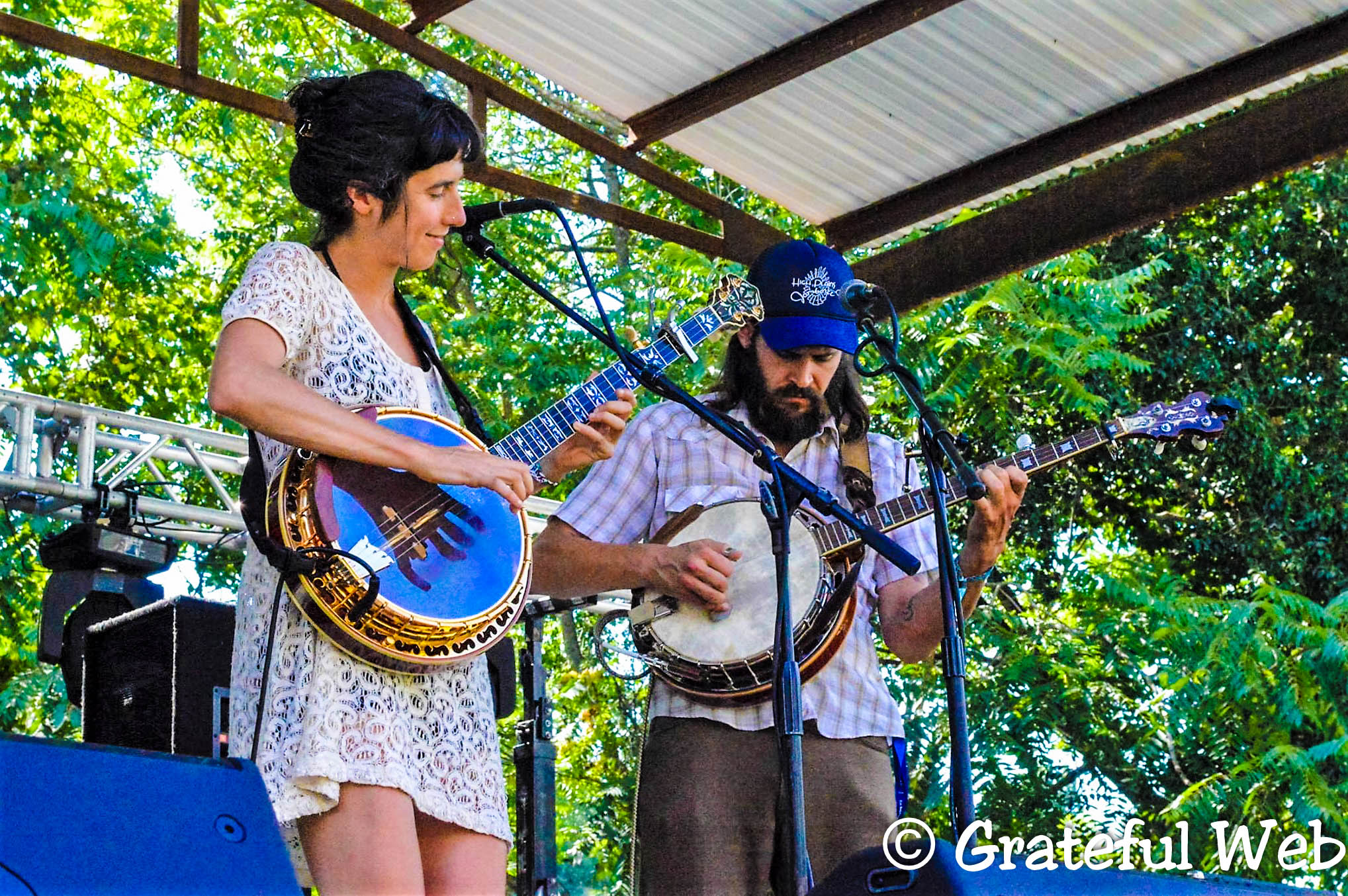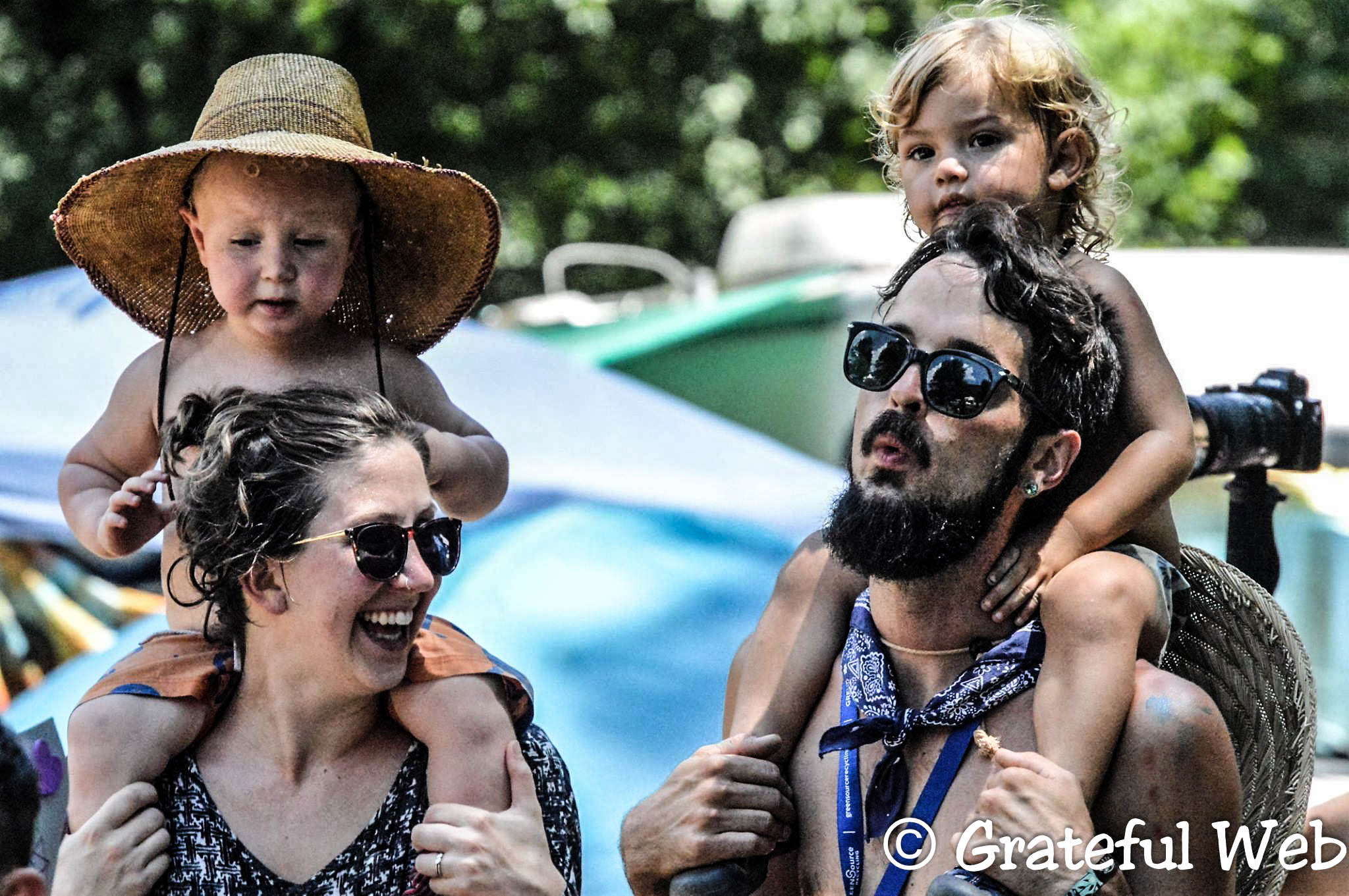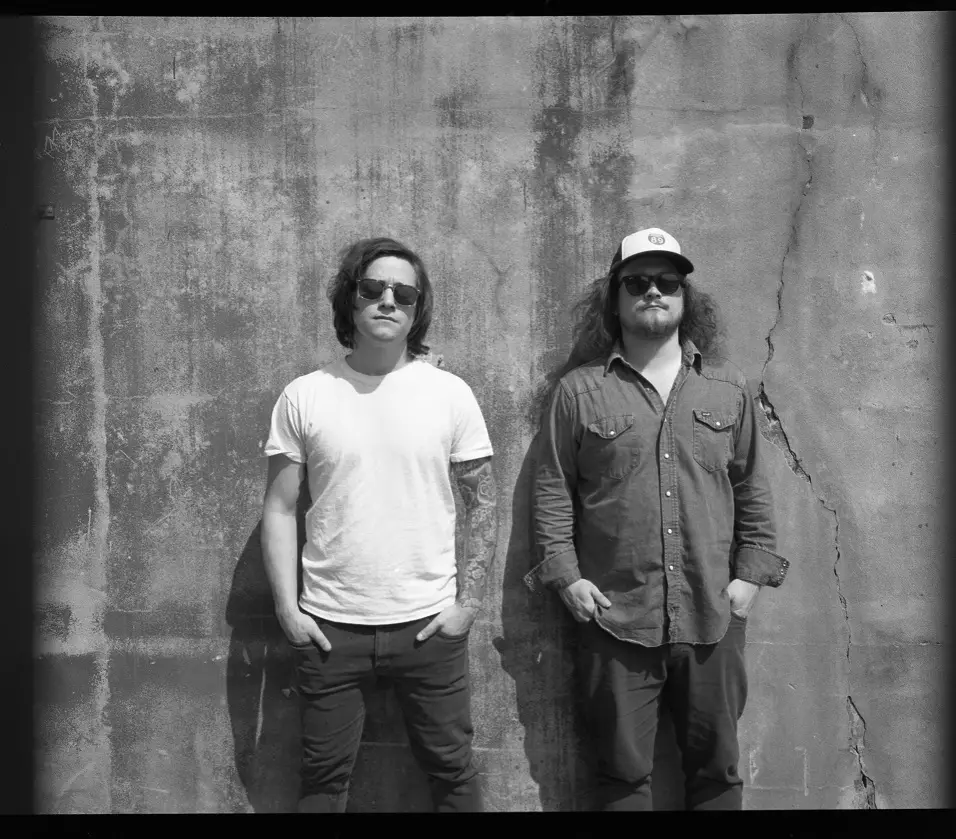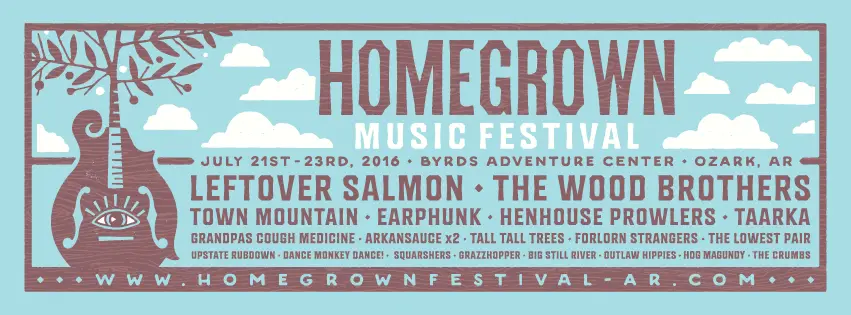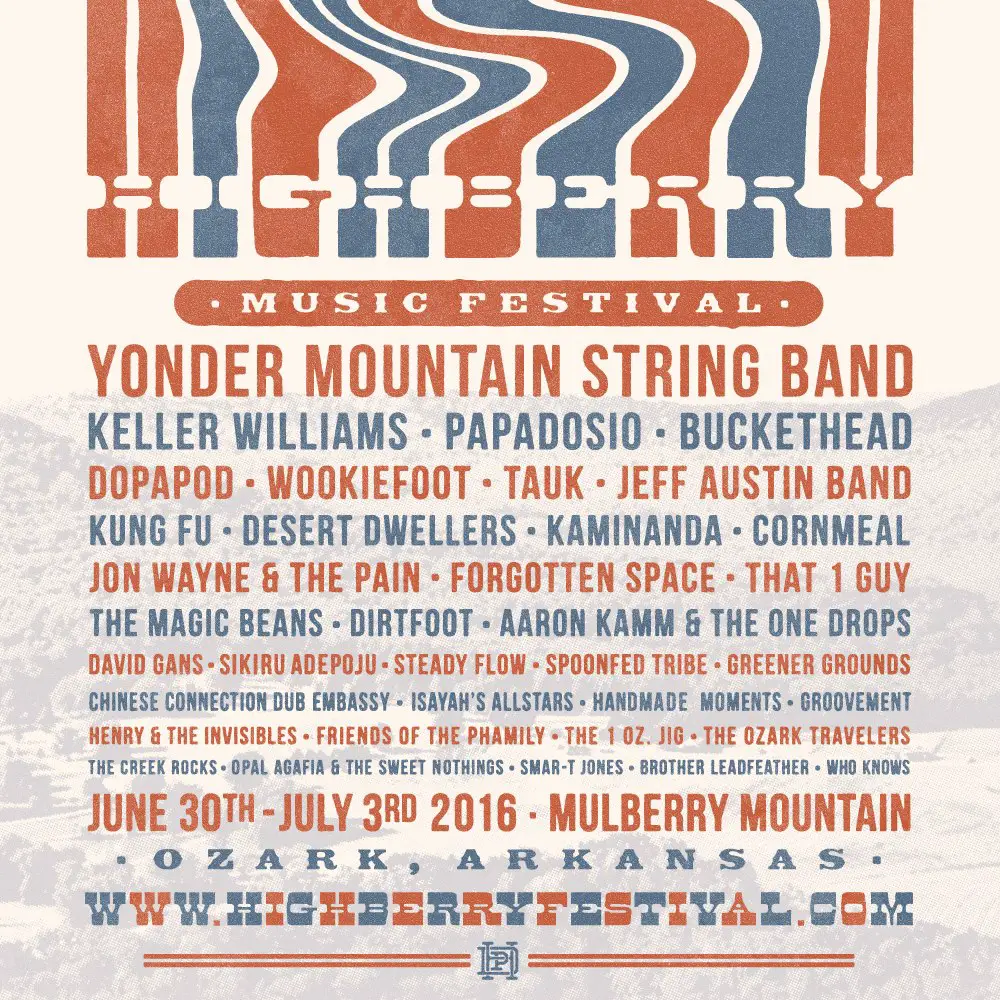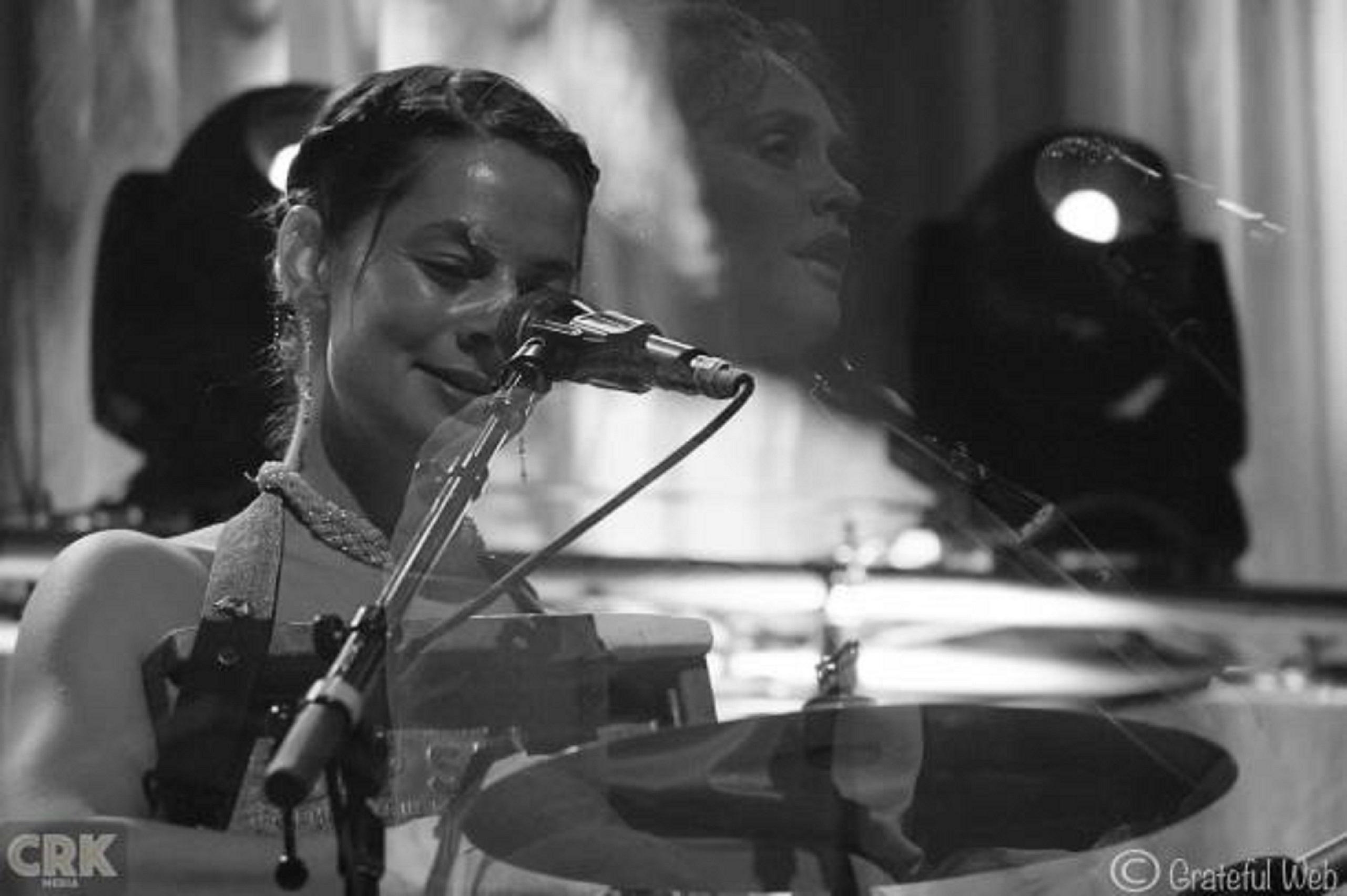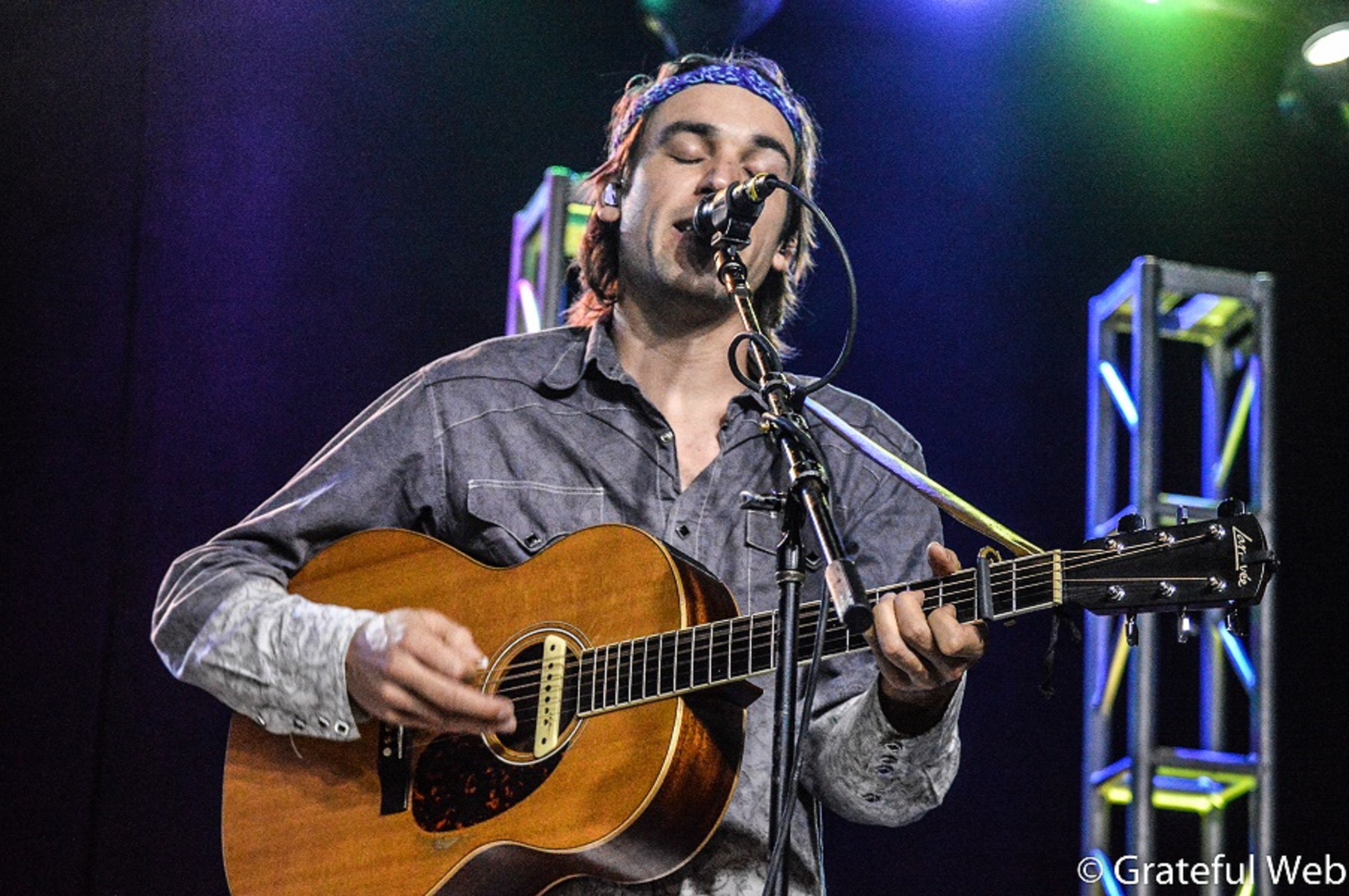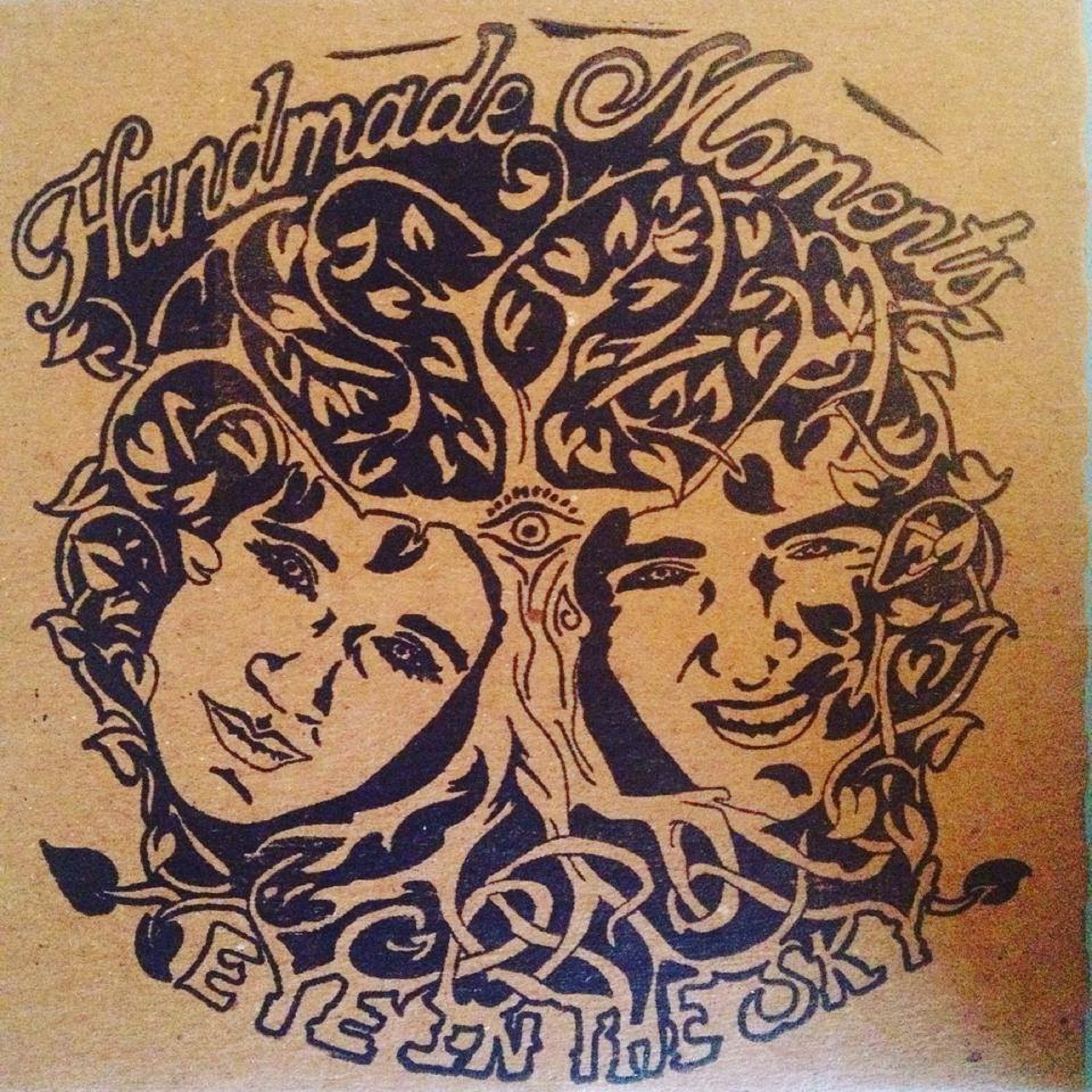Getting to the heart of Ben Hardesty, and thus The Last Bison, wasn’t difficult. Like their music, Ben is open, honest and founded in truth; the Last Bison’s spirituality and constant drive toward joy echoes in their sound and lyrics. The band stays grounded, but light, as they recite their mantra: Every day is the best day. And for The Last Bison, it truly is.
Grateful Web recently caught up with The Last Bison member Ben Hardesty just after their adventure to the 10th anniversary for Wakarusa Music Festival and just before they head off on a grand festival tour. We made plans to fashion a rooftop greenhouse to their van and had a generally great chat.
GW: I saw you guys at Wakarusa. How was that experience for you guys?
TLB: It was kind of stressful and expensive, but the actual show part of it was really great and rewarding. We rolled into Wakarusa and when we got right into the entrance of the festival our van started hardly working. We somehow, through a failing transmission, managed to get down to our stage. But due to the rain, it felt like you were driving into a third-world refugee camp full of modern-day hippies, which was so crazy. We were like ‘Where are we? And what have we gotten ourselves into?’ We got to the stage and our van completely stopped working. Everyone was a little demoralized. Then we played…and it ended up being an absolute blast.
GW: How does the festival-playing experience differ from the bar/smaller venue experience? Have you played a lot of festivals?
TLB: We’ve played a handful of festivals so far – enough to count on both hands. I think the thing that differentiates a festival is there are tons of people who wouldn't just come to see you playing at a bar in town. Because your name is on the schedule, a lot of people who haven't even heard of you just show up to your show. [Festivals do] really good things for growth, and there's a certain energy despite the fact they've been up all night and watching music all day, and the people are just amped for a show. We played a festival in Boise, ID called TreeFort. It was crazy: 350 people packed in a room just going crazy.
GW: You are kind of a family operation...
TLB: Yeah. My dad and sister (Annah) are in the band, my mother does all of the managing, and my little sister often comes on tour. One of my best friends, Andrew, plays organ. And his brother, Jay, is also in the band. There’s Amos, who is dating my sister pretty seriously. And Teresa, who's our violinist, who is Annah's best friend. It's a pretty close-knit group of people.
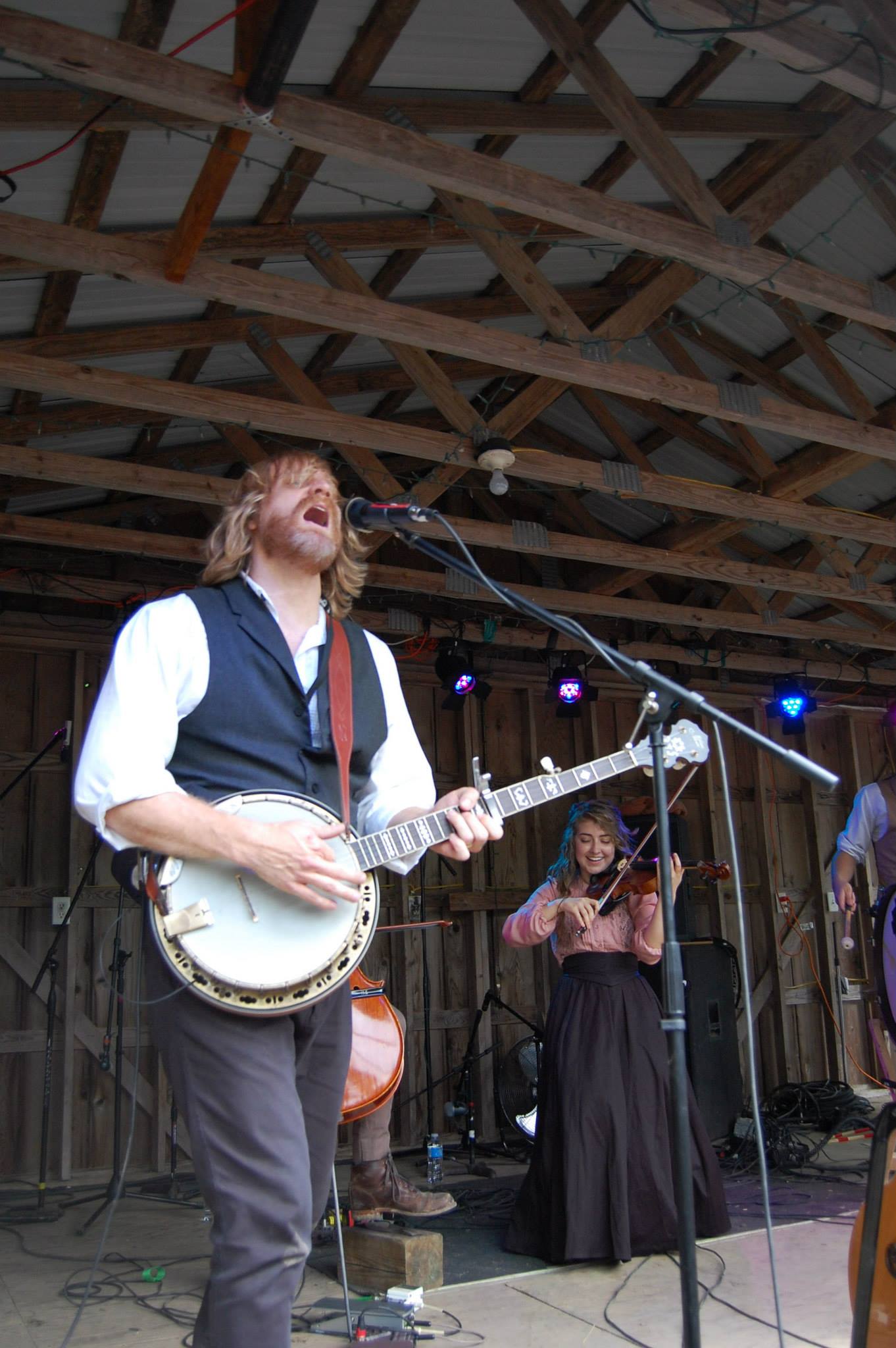
GW: How did it all start?
TLB: It happened over several months. I grew up playing music with my dad and sister. Then I went to a school in England for a year just to find a foundation before I went out and did whatever I felt like I was supposed to do. I got home and said 'Dad, I want to do music. I want to see if we can do this seriously." So I naturally just grabbed the people around me: Andrew, my dad and Anna. Then over the course of four months we pulled in Amos, Theresa and Jay. Then that was us.
GW: What did your parents do before they managed/ played in The Last Bison?
TLB: My dad works two jobs, which he still tries to juggle. He works for a nonprofit summer camp here in Eastern Virginia. And he is the pastor of worship and arts in the church I grew up in. My mom is a mother and wife - she was a mother, that's what she did. They took us down to Bolivia and South America in the early 90s - they were doing mission work - and we stayed there about five years.
GW: Did you learn anything about music during your travels?
TLB: I honestly think I spent most of my time down there adventuring: running through the jungle, playing. What I did take from there was the love for adventure, which is something I like to put into music. I've been around many places in the world and I always make it a goal to hear some music that is ethnic to that area. When we were living in Bolivia it wasn't even a goal – I was around it so. I guess it did affect me in a subtle way I've never even analyzed. There is music that's unique to regions and I'm not sure what that is here, per say. There's so much music coming out of Virginia. I don't really know what the 'ethnic' music is because it's not so obvious here. There's the mountain bluegrass scene where I'm from. But if there was, what would it be? I try to encapsulate some of what Virginia sounds like in my songwriting.
GW: Have you noticed since you've traveled so much have you noticed particular differences or similarities in different countries and cultures the way they use music to support their life?
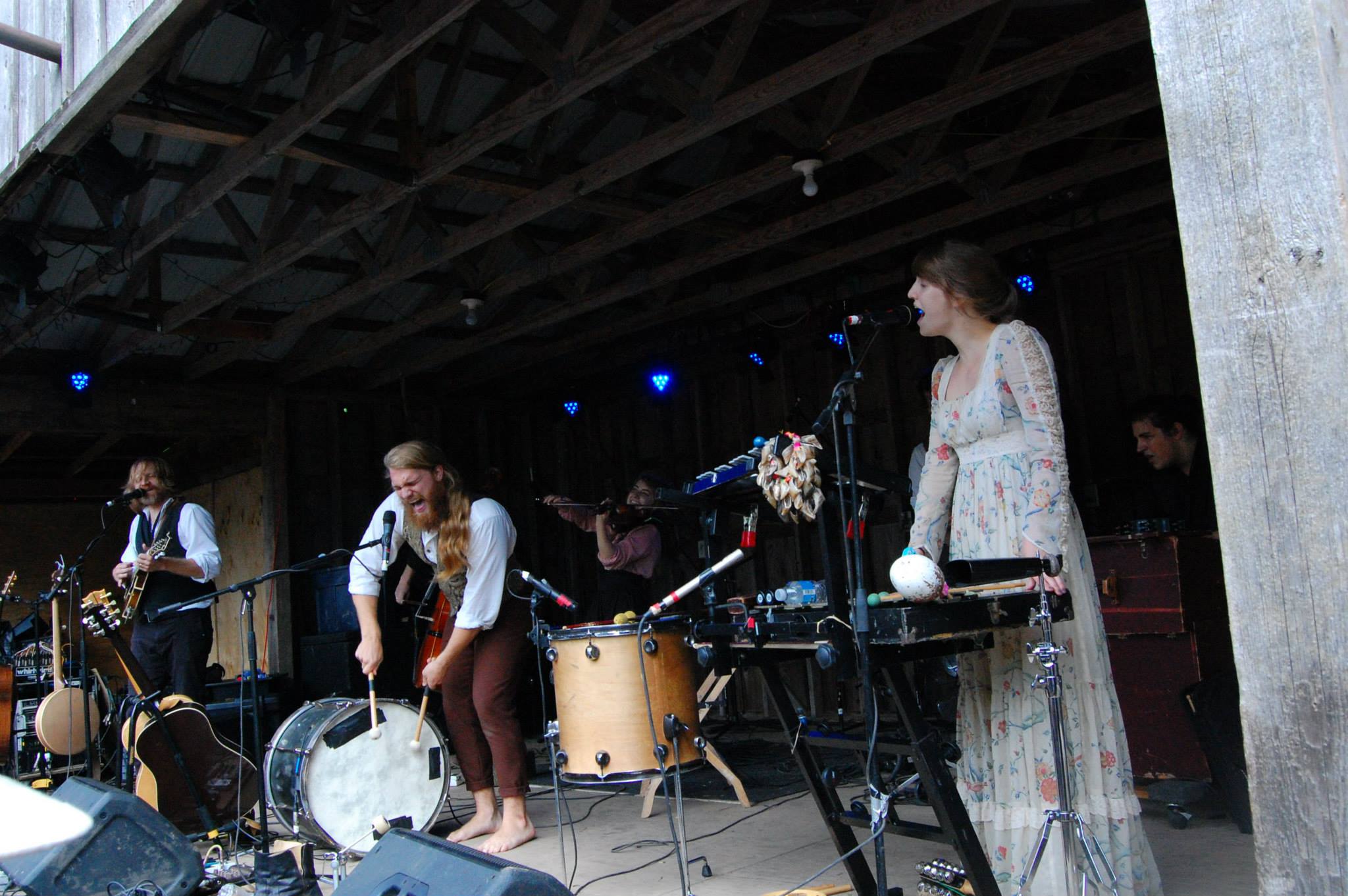
TLB: Absolutely. I've been to Asia and a lot of the ancient folk music there is used in a religious and sacred aspect. The songs have meaning. They have different songs to attributes of certain gods. I'm a good ol' Virginia boy prescribing to one god, but it's still interesting to see the characteristics of the god they believe in come through in the tones of their songs. I remember walking through this market in Thailand; there was a big-name CD with Vishnu on it, and they were playing tracks from this CD. There was really ominous chanting and I remember being really scared walking through this market. And when you go to a place like Costa Rica...I was in a salsa bar and all these locals were just dancing. There, it's festive, joyous happy; less contemplative and more joyous.
GW: What is your songwriting process like for The Last Bison?
TLB: I really want to instill joy in the people who listen to songs I write, whether it is a serious or happy/upbeat song there's something about it that's hopeful and joyous. The way that a lot of Asian songs are based in their religions, just like American hymns, there's a religious aspect to my songs that evokes some thought. I find I write really cryptically sometimes - often people don't seem to know what the heck I'm talking about. The listener, whomever that may be, is feeling joy but is also thinking and analyzing this song with me.
GW: Who is a songwriter that you really admire, whose work really affects you?

TLB: This probably sounds like a cop out answer, but it's completely true. I've been listening to U2 since I was a kid. Most folk musicians would cite Cat Stevens or Bob Dylan. But for me, Bono and his ability to continue to write songs that affect people, and the durability of his songwriting and arrangements. The emotion of the songs can be felt in the lyric. If you strip the lyric apart the music evokes the same emotion...unless of course if you're trying to put irony in a song and that might just confuse the heck out of people. But other than that, for me the [type of] song that strikes a chord with me the most are the ones where the lyric is gentle and the song kind of dies down. If it's heavy, the song goes up. There are certain moments in the song where you can make that happen, and that strikes a chord with anyone whether they know what's happening or not.
GW: What is the connection between poetry and songwriting for you?
TLB: Coming from a writer's perspective musically and lyrically, the connection depends on what you write. I don't have a method for myself - if I come up with the lyrics first I write the music around it. But if I come up with the music first, I have to play it over and over again to see how it affects me and what it’s making me feel – nostalgically, lyrically, emotionally...then I try to come up with a story that I feel fits to the tone of that song. When it's the lyrics first, I try to come up with voice and chord progressions that portray the lyrics in a way that might shed light on something that might be confusing...or the opposite - shroud something with mystery. Because music can capture the same emotion, I think, as a lyric if you put that behind a lyric that's saying the same thing it becomes all the more powerful.
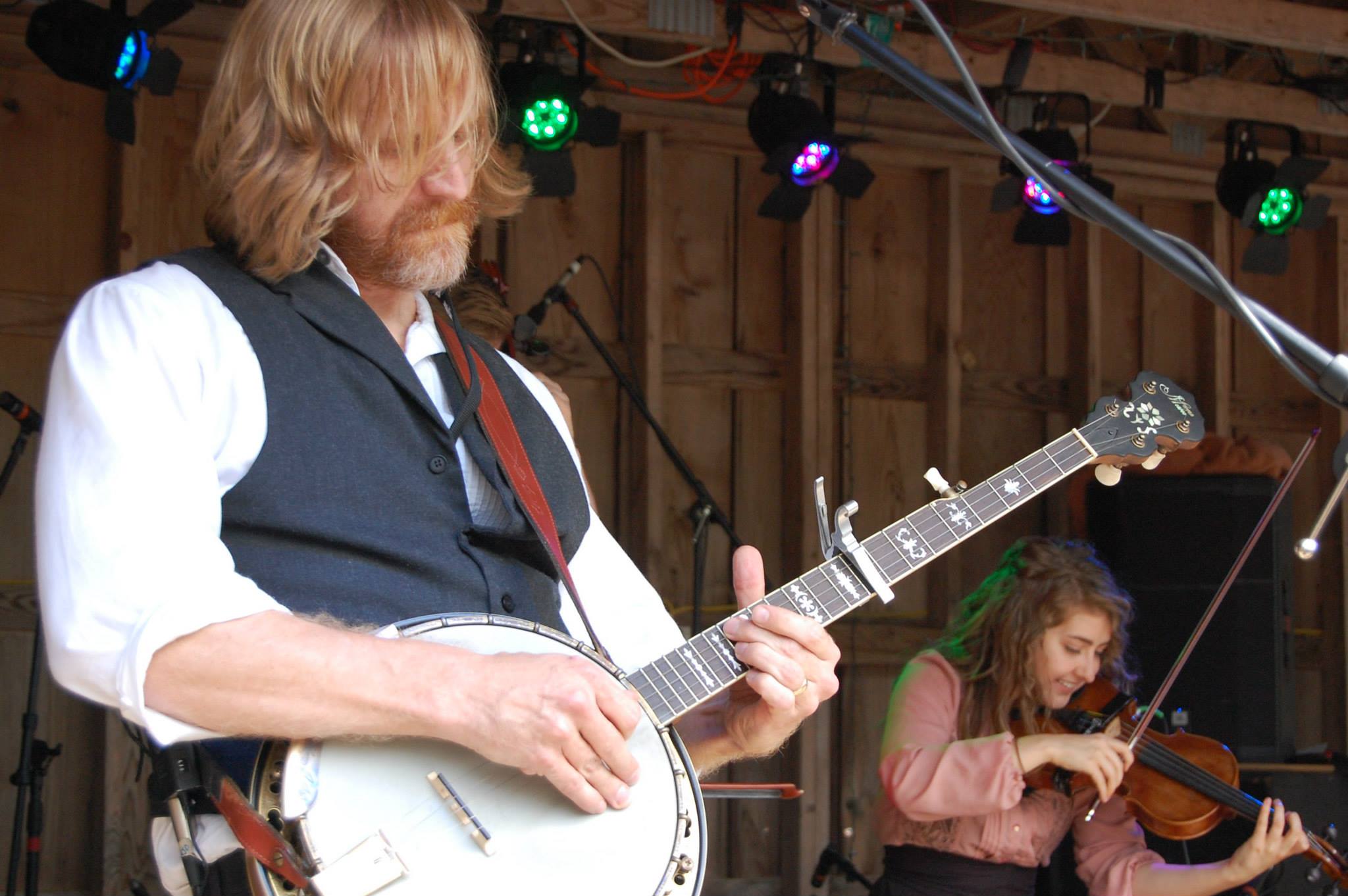
GW: What is your recording process like?
TLB: I'm going to tell you a little secret. We're not very good at playing to a quick track, which is the classic way of recording. So we have done everything predominately live and then track over the base recording. It gives [our recordings] a live feel, which we like anyway. [When] working with a producer – you butt heads sometimes. There's a certain creative tension that's hard to get used to. I was like, "This is healthy, even though it's hard." Working with a producer can be stressful and hard, especially if you don't know or understand each other yet - you have to learn each other. But in the end it's a good thing. That doesn't mean I wouldn't love to self-produce – that would be awesome. Our first album was self-produced and that was more independent. It's a much easier project because you don't have to cater or compromise with someone else's opinion on the song. I think both [methods] have their benefits. One is just easier, but easier is not always best.
GW: Tell me something you've been told (advice, a quote) that's stuck with you over time...that you carry with you.
TLB: I have one written down on my phone so in times like this I can remember exactly what it is. *searches for quotation* It's a George Washington quote. I love that man; sometimes I wonder...if he were placed into America today how disgusted he would be. I think about people like our founding fathers finding out our phone calls are monitored - they'd be pissed. Do I think it's right? No, not necessarily...at all. Does it surprise me that our government is doing that? No, not at all.
*finds quotation* I hope I shall always possess firmness and virtue enough to maintain what I consider the most enviable of all titles - the character of an honest man. (George Washington from 'The Right to Lead: A Study in Character and Courage')
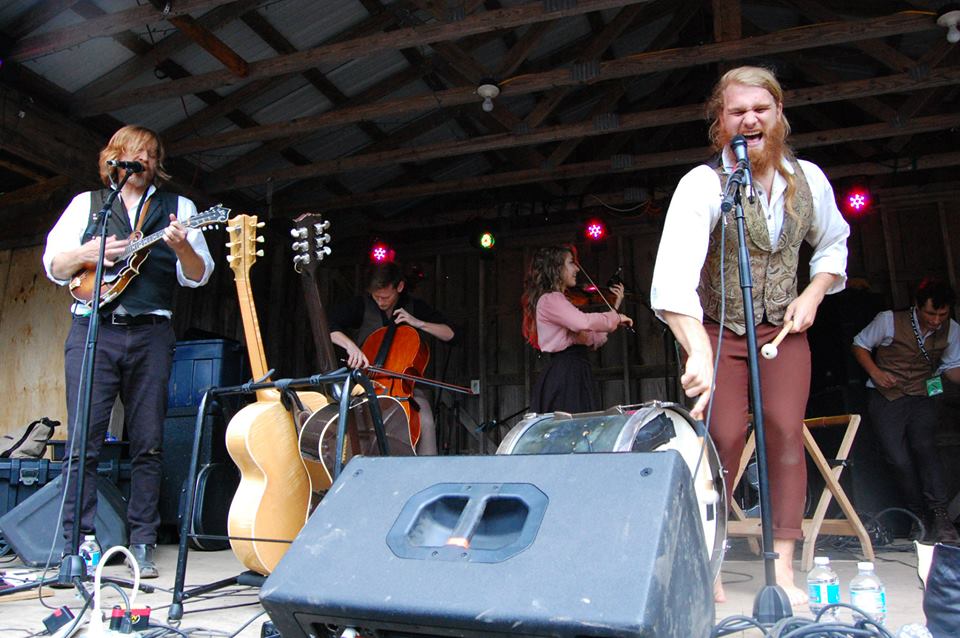
GW: What is your goal as a musician? What do you want to give to the world with your music?
TLB: I would hope that, as a musician and as a band, we left our family of listeners with a sense of joy to go out and live everyday as best as they can; to pursue what is good and then try and live that out. If our music could somehow do that, I'd be happy. And I think music does have the power to do something like that; I hope our music can translate in that way. At the end of the day, if you asked what I wanted I would say that it would leave people feeling different than they felt before they heard it in a positive way...makes them think about things in maybe a way they didn't before. I know I'm guilty of this, but people don't often just sit down and think. Where the mind can go when you just sit down, be quiet and think is pretty amazing, we just never do that – to think as opposed to wonder.
GW: What big events do you guys having coming up in the next few months?
TLB: We are playing Firefly festival in Delaware and then at the end of July we have a 3-weekend festival tour. We are playing Newport Folk Festival, then we're heading down to Exponential Fest in Philadelphia and the next day we're down at Floyd Fest in Virginia.
GW: Anything you'd like to say to Grateful Web readers?
TLB: I wish I had a sweet quote like George Washington's...
Our motto between my group of friends and the band is: Every day is the best day ever.
I think the idea of rejoicing is kind of foreign to a lot of people because it's different than happiness or joy. Rejoicing is being content despite circumstance. To try and rejoice despite your circumstances, know there is good and truth, and that everything is going to be alright.
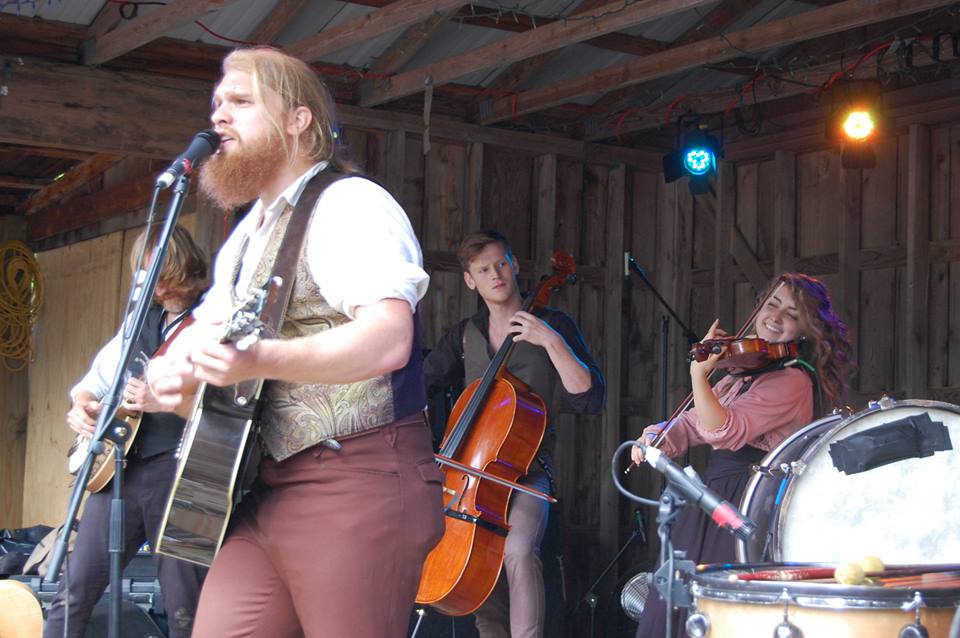
GW Sidenote: This motto reminds me a lot of an Andrew Jackson Jihad song, 'Rejoice' – check it out.






